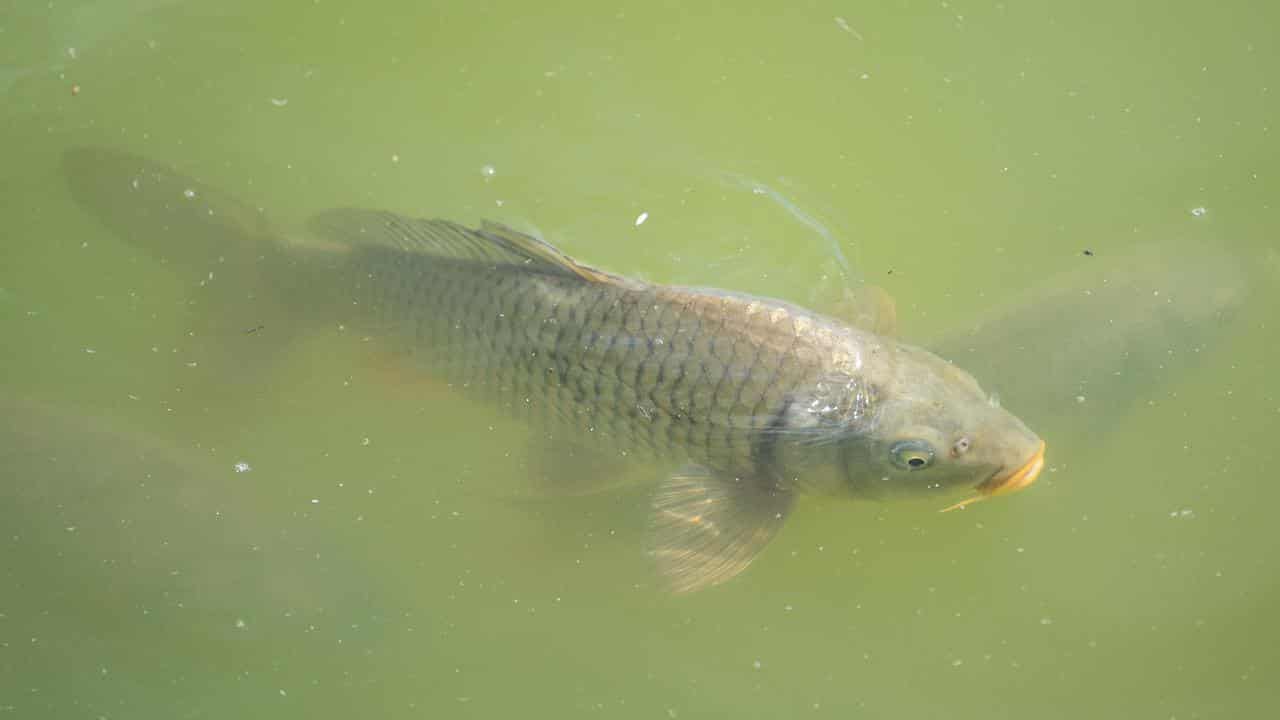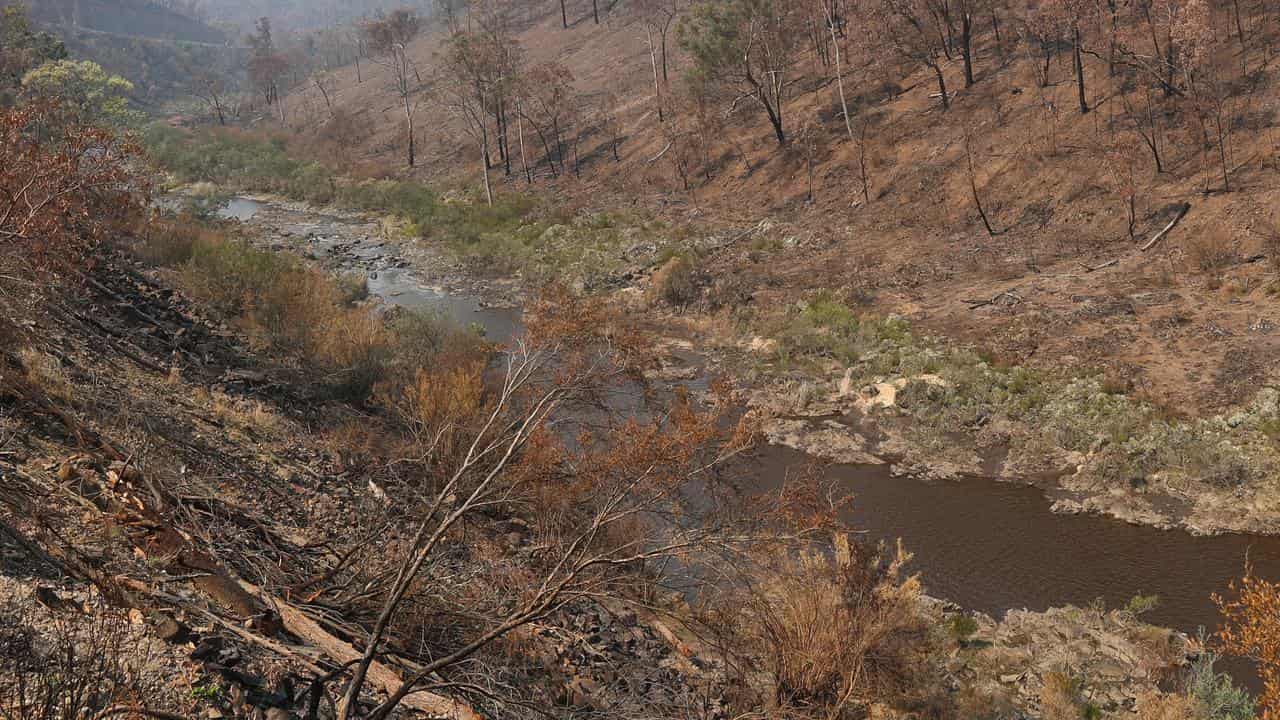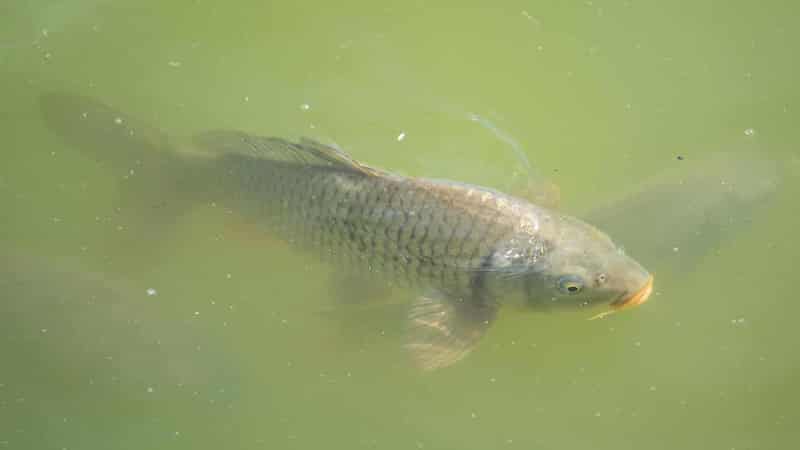
A third of Australia’s native freshwater fish species face possible extinction, as invasive breeds, climate change, extreme weather and human impact take their toll.
The first comprehensive study into native freshwater fish stocks found urgent action was needed to protect the nation's Indigenous species and the environment.
Freshwater habitats are under threat and many fish species are critically endangered, freshwater ecologist Mark Lintermans says.
"Fish are overlooked. They're underwater. They're out of sight. People don't really think about them and resources are limited," he told AAP on Friday.
"Charismatic species capture all of the attention, the gaudy, feathered or furry ones and the poor little scaly fellas that live in the streams are pretty much ignored."
Introduced species such as carp, redfin perch, brown trout and rainbow trout are preying on local species and the Gambusia or mosquitofish, introduced for pest control, often disrupts breeding cycles.
"These are fish that are only two to four centimetres long but they will chase a metre-plus Murray Cod," Associate Professor Lintermans said.
"They're like the fox terriers of the fish world, aggressive little things."

Some native species are now only found in limited areas upstream of waterfalls where the invasive species can't swim, putting them at risk of events such as bushfires, which can fill a waterway with ash or silt, prolonged hot spells and droughts.
"The 2020 bushfires dramatically affected fish populations across southeastern Australia," Assoc Prof Lintermans said.
Irrigation, chemicals, sewage, rubbish, dams, weirs, waterway clearing and urban expansion are also impacting native fish and their habitats.
"It's mainly across southern Australia, which is where the population centres are," Assoc Prof Lintermans said.
Researchers examined 241 native inland fish species, most of which had not previously been looked at and found the national threatened species list should be expanded from 63 species to 98.
The study took in most of Australia's described freshwater fish but it didn't examine undescribed species, which Assoc Prof Lintermans said could account for another third of native species.
"We've probably lost some species before we even knew we had them," he said.
Biodiversity Council scientists are calling on the federal government to urgently boost resources to help save Australia’s native fish from extinction.
"Fish are the ultimate canary in the coal mine for how our freshwater resources are going and they're certainly in trouble," Assoc Prof Lintermans said.
"People are really sort of tinkering at the edges rather than trying to deal with problems in larger streams, and so we really need to get an invasive fish national action plan to try and work out what we're going to do ... to try and control these invasive species."
The study was published in the science journal Biological Conservation.









